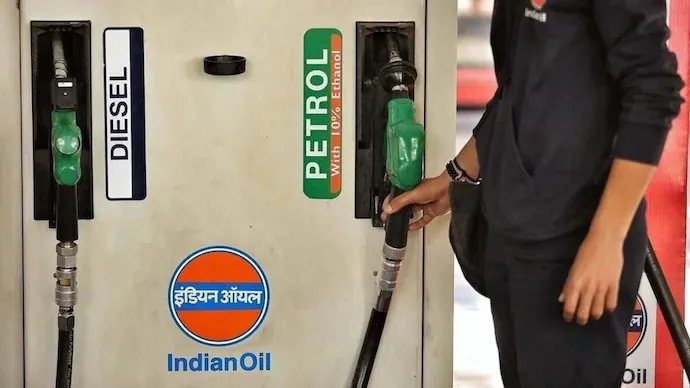From July 1, 2025, Delhi has enforced a strict ban on the sale of petrol and diesel to old vehicles, marking a significant step in the fight against air pollution in the national capital. Under the new rules, any diesel vehicle older than 10 years and petrol vehicle older than 15 years is now barred from refuelling at any fuel station within Delhi, regardless of where the vehicle is registered. This directive comes from the Commission for Air Quality Management (CAQM) and is being implemented with the support of the Delhi government, Delhi Police, Traffic Police, and the Municipal Corporation of Delhi (MCD).
Sweeping Ban
The ban is sweeping, affecting not only private cars but also commercial vehicles, goods carriers, two-wheelers, and even vintage vehicles. According to government data, this move will impact around 62 lakh vehicles in Delhi alone. The ban is also set to be rolled out in phases across other NCR cities, with Sonipat in Haryana next in line from November 1, 2025.
Enforcement and Compliance Plans
To ensure strict enforcement, the authorities have deployed a comprehensive plan. Automatic Number Plate Recognition (ANPR) cameras have been installed at nearly 500 fuel stations across the city. These cameras are linked to the VAHAN database and can instantly identify vehicles that have crossed the legal age limit. If an overaged vehicle is detected, the system alerts the fuel station operator, who then refuses to dispense fuel and notifies enforcement agencies for further action, which may include seizure of the vehicle or issuing fines.
At each of the 350 key petrol pumps, a traffic police officer is stationed to monitor compliance, supported by additional police personnel to maintain law and order during the enforcement drive. Teams from the Transport Department and MCD are also present to ensure the rules are followed strictly. Fuel stations are required to display clear signboards stating that fuel will not be dispensed to end-of-life vehicles, and staff have been trained on these new procedures.
The crackdown is not limited to roads and fuel stations. Vehicles found parked in public spaces or even in apartment complexes that fall under the end-of-life category may also be towed and impounded. The authorities have warned that fuel stations violating these norms will be reported and may face penalties under the Motor Vehicles Act.
The decision is backed by earlier Supreme Court and National Green Tribunal (NGT) orders that banned the use and parking of overaged vehicles in public places in Delhi. The Centre for Science and Environment (CSE) has highlighted that vehicles account for more than 51% of local air pollution in Delhi, making this move critical for improving the city’s air quality.
Apart from environmental benefits, the ban is expected to boost the automobile sector and government revenues. According to estimates, replacing old vehicles with new ones could generate trillions of rupees in turnover for the auto industry and significant tax revenue for both central and state governments.
The Delhi government has also issued Standard Operating Procedures (SOPs) for fuel stations, including maintaining logs of denied fuel transactions and regular reporting to the authorities.The public is being urged to cooperate with the new rules for the sake of cleaner air and a healthier city.


